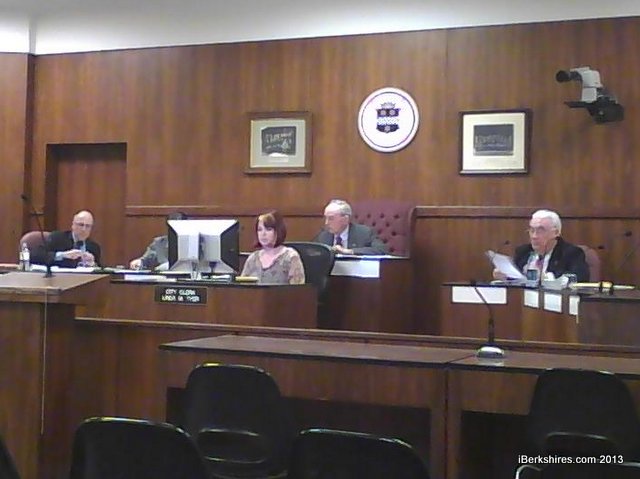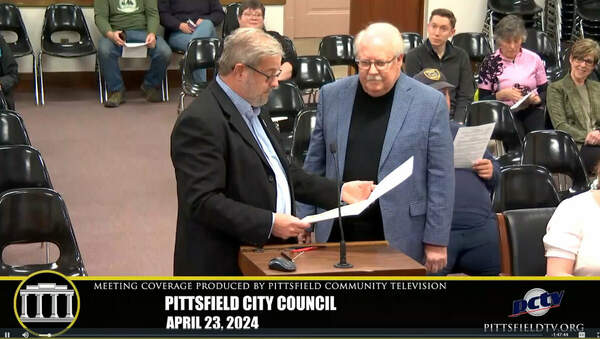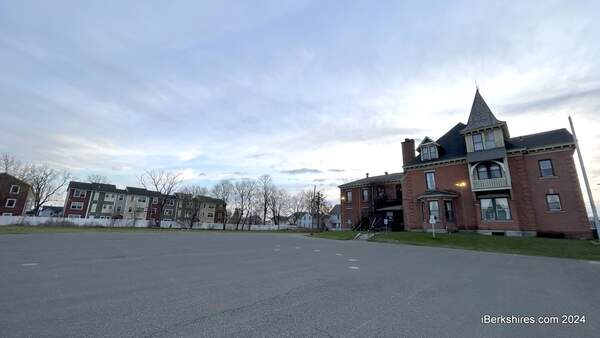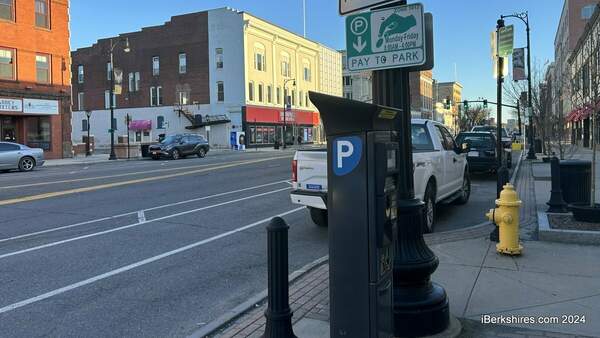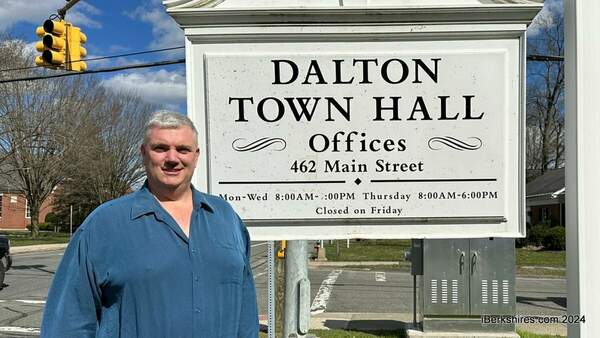Pittsfield Bar Warned About After Hours Patrons
|
The Licensing Board on Monday set aside a suspension against a local bar, as long as it doesn't get in more trouble. |
PITTSFIELD, Mass. — A crowd of customers drinking after closing time earned the Sportsman's Cafe an unimposed three-day suspension from the city's Licensing Board on Monday.
The Jan. 20 incident resulted in a complaint filed with the board because it was the second time patrons have been found on the premises after the required 2 a.m. cutoff in less than a year, according to Lt. Michael Grady of the Pittsfield Police Department.
According to Grady, an officer entered the bar at about 2:02 a.m. and found "about 40" customers still present, and informed the bartender on duty that everyone needed to leave.
"[The officer] saw no evidence of him to clear the bar, so she told everyone it was time for them to leave," said Grady. "She informed him that she would be reporting this to the Licensing Board, and he replied 'No big deal.'"
Owner Cornelius Marshall was apologetic before the board, saying the employee in question had since been spoken to about the incident. According to Marshall, additional measures had also been implemented, such as locking the door so that no new customers could enter after 1 a.m.
While the board's demeanor was mild toward the contrite tavern owner, they expressed concerns over the way the bartender on duty had handled the situation.
"I think there has to be some changes, or some education of your employees, so this does not happen in the future," said Richard Stockwell.
"If this is the kind of person you've got running your bar, I think this is the reason you're here," said Chairman Carmen Massimiano.
Marshall said the bartender in question, who has worked there about 3 1/2 years, is usually reliable and suggested he may have been overtired from a larger than usual crowd at that time.
"I've certainly reprimanded him for that, and told him to think before he speaks," Marshall told the board.
"It sounds like you've got the right attitude in terms of owning up to the incident, which is to your credit," said Thomas Campoli. "I'm a little concerned with the number of people that were in the bar."
Marshall assured the board that this is not the norm, but was cautioned that further infractions of this kind might lead to the bar's hours being reduced.
Grady expressed the opinion that it was important to take action in such situations, because issues around this state-mandated, last call period often turn into more grave police situations.
"When you start getting around that two o'clock hour, that is when the police department ends up getting involved," said Grady. "If we don't nip it, this is when we start seeing violent actions, that usually goes hand in hand with closing hour of the bars."
"Nobody's perfect, and we understand that," said Massimiano, who said he hoped the unimposed suspension would impress upon the employee in question the seriousness of the situation.
The board voted unanimously on a motion to issue the three-day suspension and to place that suspension on file, so that if the bar comes before the board for a similar issue in the future the penalty will be immediately imposed.
Marshall was advised that a reduction in hours may also be an outcome in the event of any further complaints of this nature.
Tags: bars, taverns, license board, suspension,

